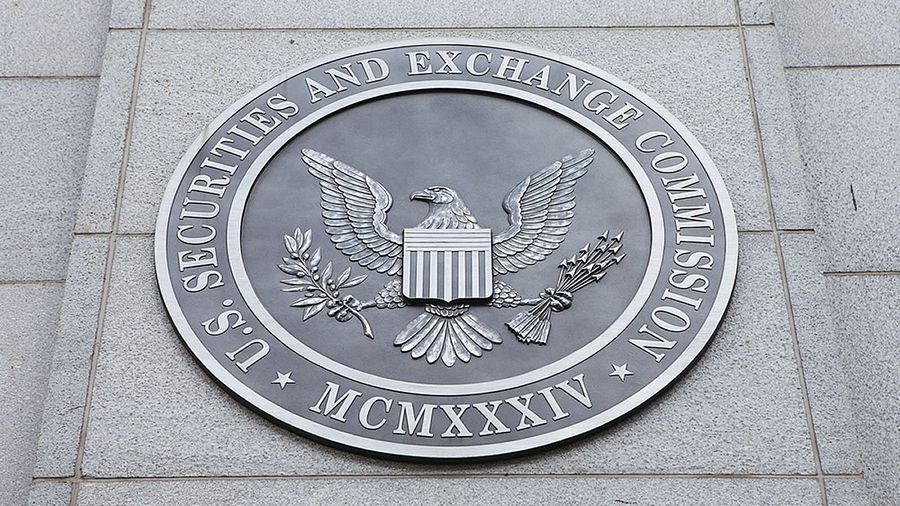The NAC Foundation denies that AML BitCoin is a security and accuses the US Securities and Exchange Commission (SEC) of fraudulent conduct in a legal proceeding.
Earlier, the SEC accused the NAC Foundation, its CEO Marcus Andrade and political lobbyist Jack Abramoff of organizing an unregistered sale of AML BitCoin cryptoassets in the amount of $ 5.6 million, fraud and misleading investors. Abramoff agreed to pay a $ 50,000 fine, as well as $ 5,501 pre-judgment interest.
However, Andrade disagrees with the Commission’s allegations, and on October 20 asked a federal judge in San Francisco to dismiss the SEC’s claim. Andrade argues that the regulator is deliberately trying to mislead the court by accusing the NAC Foundation of using and offering technology that has allegedly never been developed. According to the defendant, the SEC was aware that the NAC Foundation has a patent for an anti-money laundering technology created specifically for AML BitCoin.
Andrade added that, in accordance with the terms of sale, AML BitCoin are not investment contracts. When purchasing this crypto-asset, users agreed that AML BitCoin is only a medium of exchange, not an investment or entitling to a share in any enterprise. The terms of sale state that NAC Foundation clients should not expect a return on their investment, and AML BitCoin cryptoassets should not be considered debt.
Andrade stressed that the SEC refused to point out a critical element of the Howie test, which helps determine whether an asset is classified as a security. This suggests that the sale of AML BitCoin did not violate securities laws. Consequently, there are no grounds for prosecution. Recall that, as the agency said last month, stock token exchanges that guarantee the legality of the origin of assets in their accounts will not be subject to regulatory sanctions.







